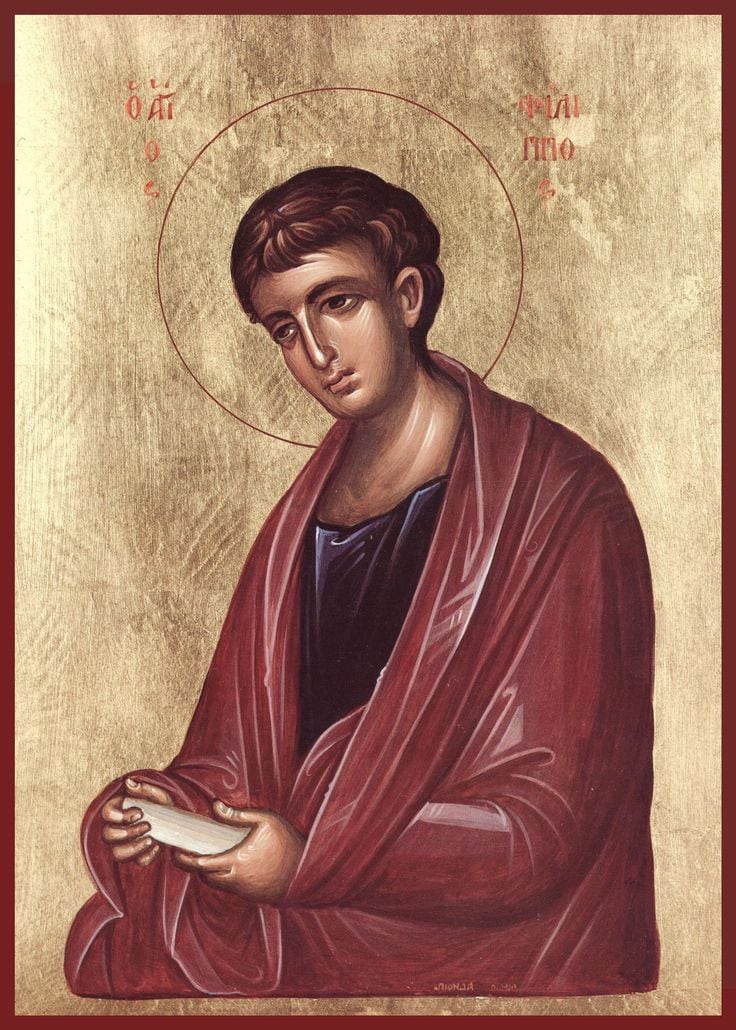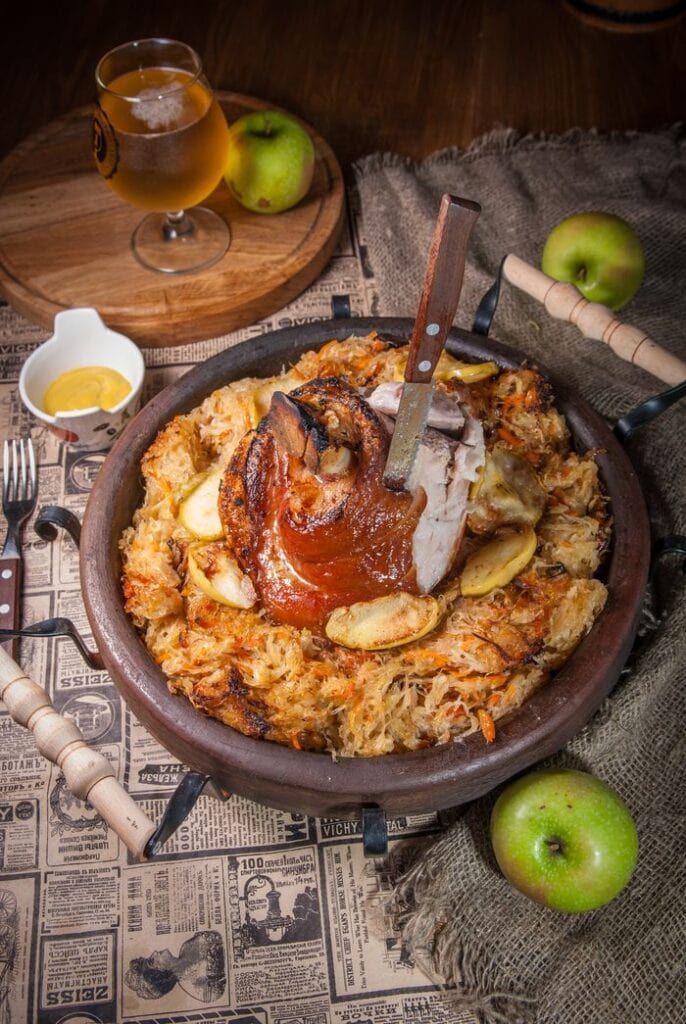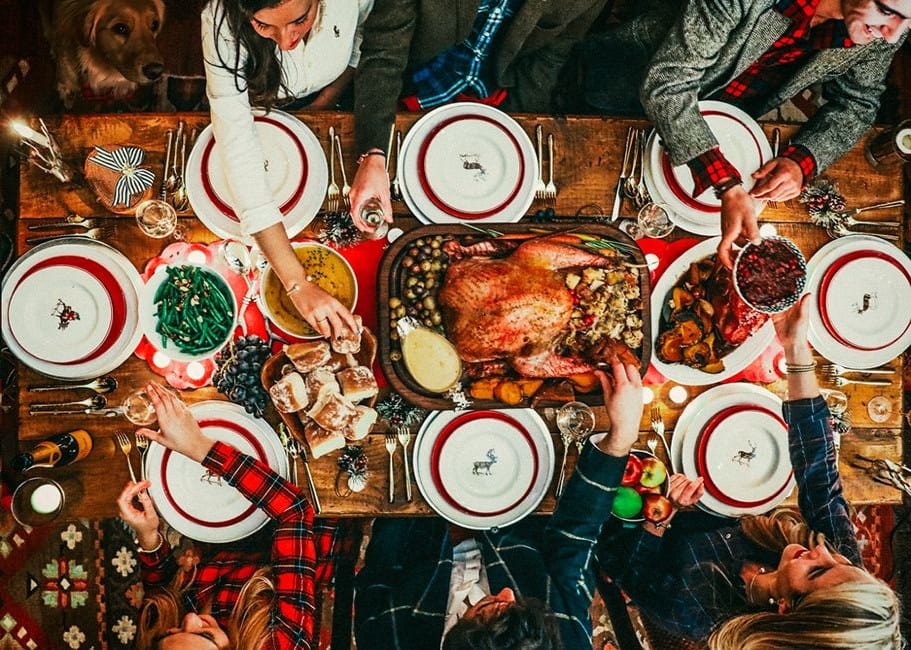St. George’s Day (Gergyovden), celebrated on May 6, is one of Bulgaria’s most cherished holidays. It beautifully weaves together Christian […]
The Feast of St. Philip, Christmas Lent and Wolf Days - the beginning of the Christmas Lent

On November 14, Bulgarians commemorate Saint Philip, an apostle and martyr, along with the festive Koljedni Zagovezni ( Christmas Lent), which marks the start of a forty-day Christmas fast. In Bulgarian folklore, this day also marks the start of the “Wolf Days,” a time characterized by magical rituals and closely observed prohibitions.
Description: The Day of Saint Philip, known as Mratinitsi or Mratinyak in Bulgaria, is not only a religious holiday but also a part of unique Bulgarian traditions. According to folk beliefs, the “Wolf Days” begin on this day—a series of magical rituals for protection from evil forces and wolves, lasting until November 21. This holiday includes ritual dishes, customs, and taboos, after which believers enter the forty-day Christmas Lent, preparing for the joy of Christmas.
History of Saint Philip’s Feast
Saint Philip, one of the twelve apostles of Christ, was born in the city of Bethsaida, near the Sea of Galilee. After Christ’s Resurrection, Philip began his missionary work in Syria and Asia Minor, along with Apostle Bartholomew and his sister, Miriam. In the city of Hierapolis, the three were captured, accused of sorcery, and crucified. According to legend, during Philip’s crucifixion, the city experienced a powerful earthquake, and a vine sprouted at the site of his martyrdom, symbolizing eternal life.

Traditions and Significance of Koljedni Zagovezni
On November 14, Bulgarians celebrate Koljedni Zagovezni – the last day to consume meat before Christmas Lent begins. The traditional table includes dishes like chicken with sauerkraut, pumpkin pastry with walnuts, and stuffed peppers with beans. The following forty days of fasting call for both physical and spiritual cleansing, preparing believers for the joy of Christmas.



The Wolf Days in Bulgarian Folk Tradition
In Bulgarian folklore, Saint Philip’s Day marks the beginning of the Wolf Days—a time of strict prohibitions meant to protect people and households from evil forces and wolves. In northwest Bulgaria, locals offer sacrifices of black hens, known as mratintse, to the spirit of Mratinyak, believed to guard poultry and livestock from harm. Women bind knives and scissors with red thread to "tie up" the wolves’ mouths and avoid working with wool to prevent wolf attacks on sheep.


Celebrations and Observance of the Holiday
The Feast of Saint Philip and Koljedni Zagovezni is celebrated with a festive meal where a traditional meat dish is served. The lady of the house should serve the food to everyone around the table and then hide the spoon, which will only be used again on Christmas when the fast ends. In regions where Mratinyak is believed to have power, ritual offerings are made to protect household poultry and shield the home from evil forces.
Interesting Facts
- The name Philip means "lover of horses" in Ancient Greek, and it was widely used by rulers—such as Philip II of Macedon, father of Alexander the Great.
- The Wolf Days, part of Bulgarian tradition, are considered one of the most dangerous periods of the year. The strict prohibitions related to these days are strictly observed—women refrain from touching knives or scissors to avoid "opening the mouths of the wolves."
- According to folk belief, children conceived during the Wolf Days will be more vulnerable to bad influences or have unusual abilities.
Saint Philip, Koljedni Zagovezni, and the Wolf Days bring together both religious and deeply-rooted folk traditions, connecting the past with the present and making this day special for Bulgarians.

